Question And Answer
Publications
Articles, publications, books, tools and multimedia features from the U.S. Institute of Peace provide the latest news, analysis, research findings, practitioner guides and reports, all related to the conflict zones and issues that are at the center of the Institute’s work to prevent and reduce violent conflict.
Building Democracy in Burma
This report was commissioned by USIP's Center for Conflict Analysis and Prevention. It draws on the deliberations of prominent U.S. and international academics and NGO/IGO representatives on how the international community can prepare itself to support the inevitable future political transition in Burma. Read Priscilla Clapp's Special Report, Burma's Long Road to Democracy, published in November 2007.
Correlates of Public Support for Terrorism in the Muslim World
This report was commissioned by USIP's Center for Conflict Analysis and Prevention. Consistent with the center’s commitment to conflict prevention, this report aims to inform the center’s ongoing work to expand the understanding of the determinants of terrorism and its support base.
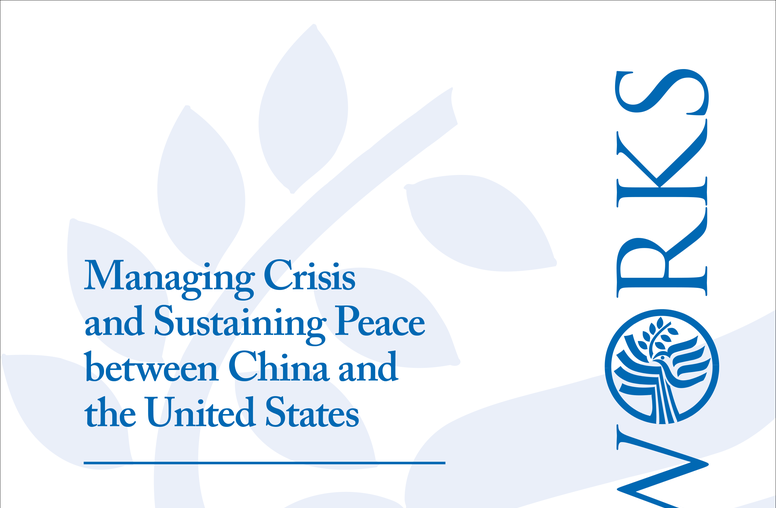
Managing Crisis and Sustaining Peace between China and the United States
A series of crises have strained relations between the People’s Republic of China and the United States since the end of the Cold War. Although none of these crises led to direct military hostilities, they have had an adverse impact on bilateral relations and portend future such crises between the two countries. To determine how best to mitigate such crises in the future, it is important to study these recent crises and identify the positive and negative responses and actions of both governm...
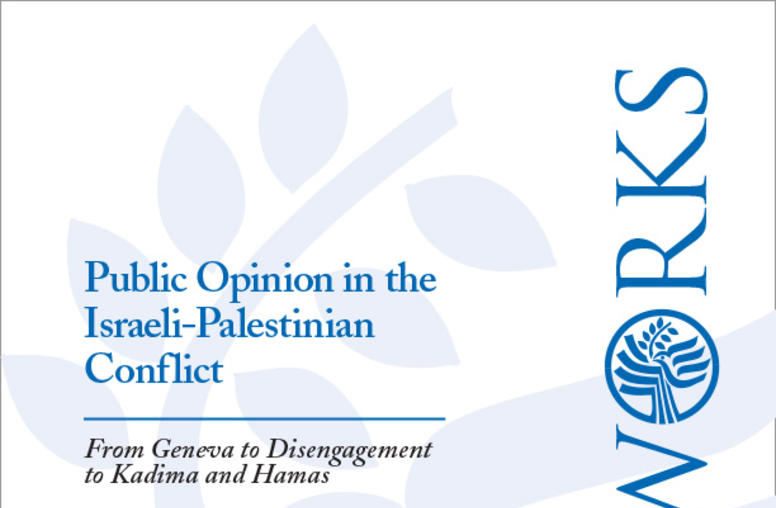
Public Opinion in the Israeli-Palestinian Conflict: From Geneva to Disengagement to Kadima and Hamas
Israeli analysts and pundits enjoy quoting Henry Kissinger’s assertion that "Israel has no foreign policy, only domestic policy." Kissinger’s comment, while stressed too strongly, captures well the common understanding among political scientists and international relations specialists that domestic considerations have a significant effect on foreign policy. This monograph focuses on one particular domestic imperative of utmost importance in periods of conflict and its resolution: public opini...
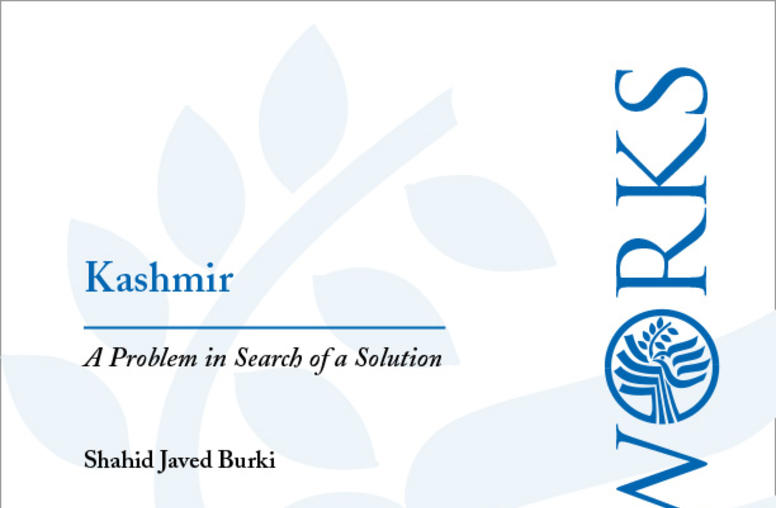
Kashmir: A Problem in Search of a Solution
The ongoing territorial dispute between India and Pakistan over the status of the contested areas of Jammu and Kashmir (henceforth Kashmir) is well known and well documented. This study acknowledges that any resolution of this dispute may be many years in the making.
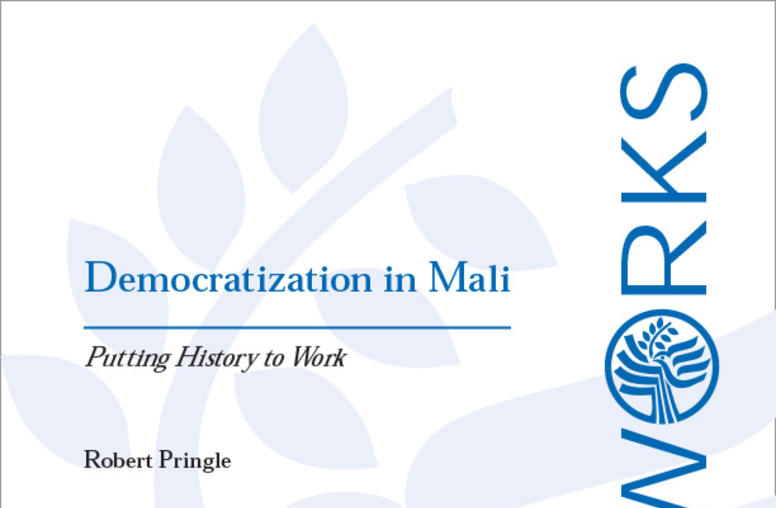
Democratization in Mali: Putting History to Work
Since the 1991 uprising, which saw the ouster of the country's long-standing military dictator and ushered in a democratically elected government, Mali has achieved a record of democratization that is among the best in Africa.
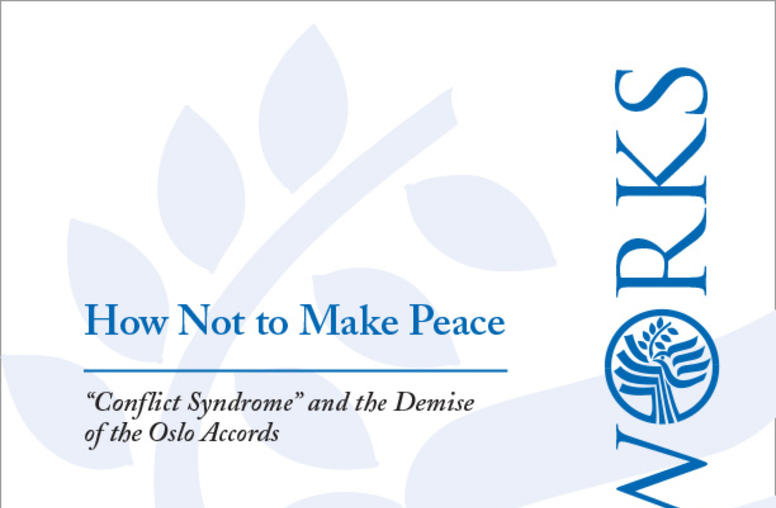
How Not to Make Peace: "Conflict Syndrome" and the Demise of the Oslo Accords
The failure of the Oslo Accords has been attributed to a variety of factors, including deficiencies in the accords themselves, failures of implementation, and the play of domestic politics. These are all critical factors that describe what happened, but they do not explain why each side behaved as it did--that is, why each side made choices that would only increase the likelihood of the accords' failure.
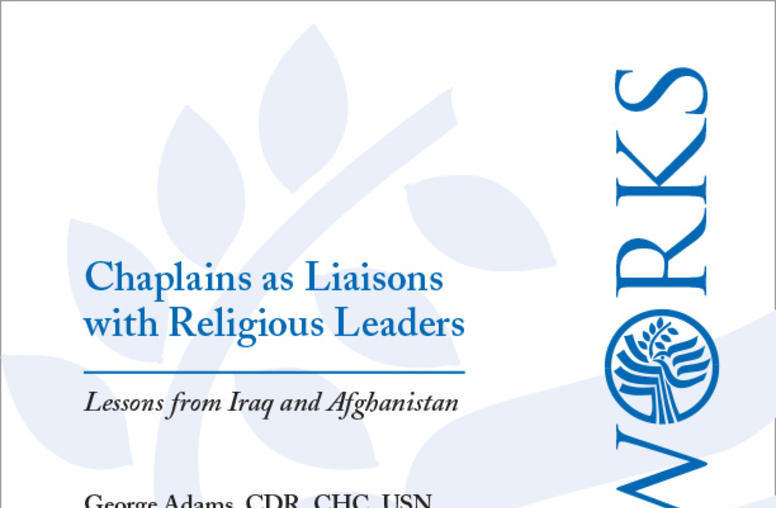
Chaplains as Liaisons with Religious Leaders: Lessons from Iraq and Afghanistan
As this study demonstrates, military chaplains, as clergy and officers, occupy a unique space that blends a secular status and a religious one, making them well suited to serve as intermediaries between military and religious leaders in areas of conflict and postconflict stabilization.
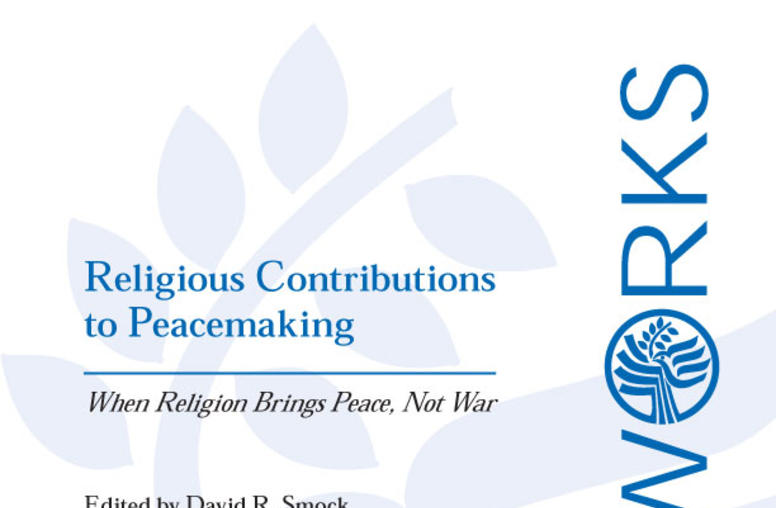
Religious Contributions to Peacemaking: When Religion Brings Peace, Not War
In the popular mind, to discuss religion in the context of international affairs automatically raises the specter of religious-based conflict. The many other dimensions and impacts of religion tend to be downplayed or even neglected entirely. The contribution that religion can make to peacemaking--as the flip side of religious conflict--is only beginning to be explored and explicated.
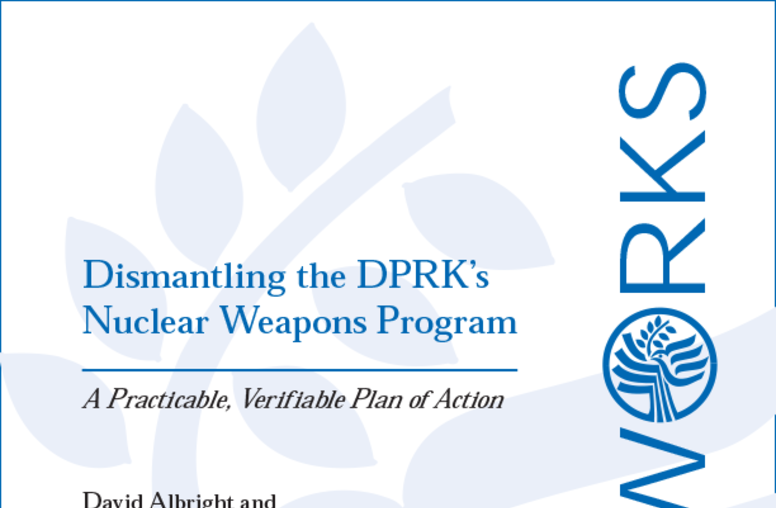
Dismantling the DPRK's Nuclear Weapons Program: A Practicable, Verifiable Plan of Action
Verified dismantlement of the nuclear weapons program of the Democratic People's Republic of Korea (DPRK) can be accomplished successfully. Although difficulties abound in reaching an agreement with the DPRK to achieve this goal, the methods and steps involved in the dismantlement process are well understood.